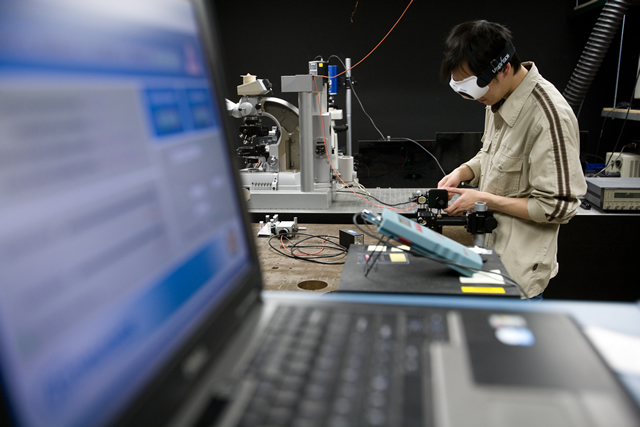
Computer Science ETDs
Publication Date
Spring 7-1-2019
Abstract
The rise of social media has facilitated the diffusion of information to more easily reach millions of users. While some users connect with friends and organically share information and opinions on social media, others have exploited these platforms to gain influence and profit through promotional campaigns and advertising. The existence of promotional campaigns contributes to the spread of misleading information, spam, and fake news. Thus, these campaigns affect the trustworthiness and reliability of social media and render it as a crowd advertising platform. This dissertation studies the existence of promotional campaigns in social media and explores different ways users and bots (i.e. automated accounts) engage in such campaigns. In this dissertation, we design a suite of detection, ranking, and mining techniques. We study user-generated reviews in online e-commerce sites, such as Google Play, to extract campaigns. We identify cooperating sets of bots and classify their interactions in social networks such as Twitter, and rank the bots based on the degree of their malevolence. Our study shows that modern online social interactions are largely modulated by promotional campaigns such as political campaigns, advertisement campaigns, and incentive-driven campaigns. We measure how these campaigns can potentially impact information consumption of millions of social media users.
Language
English
Keywords
Promotional Campaigns, Social Media, Bots, Data Mining, Knowledge Discovery, Unsupervised Methods
Document Type
Dissertation
Degree Name
Computer Science
Level of Degree
Doctoral
Department Name
Department of Computer Science
First Committee Member (Chair)
Abdullah Mueen
Second Committee Member
Jared Saia
Third Committee Member
Jedidiah Crandall
Fourth Committee Member
Lemuel Russell Waitman
Recommended Citation
Abu-el-rub, Noor E.. "Promotional Campaigns in the Era of Social Platforms." (2019). https://digitalrepository.unm.edu/cs_etds/101
